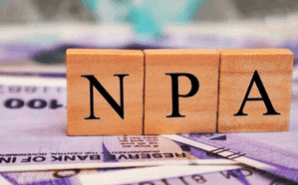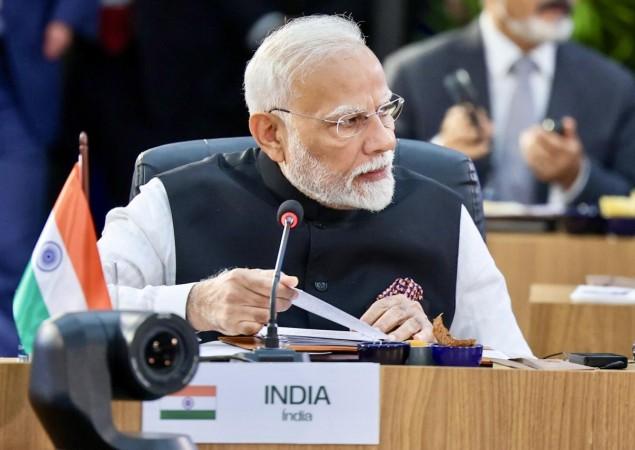
The Indian banking sector has recently experienced a notable transformation, particularly within public sector banks (PSBs). Over the past five financial years, there has been a consistent decline in gross non-performing assets (NPAs), a development that has captured the attention of economists, politicians, and the general public. This trend, while promising for the economy, has ignited a political debate with varying perspectives from different political parties. According to the Finance Ministry's recent report, NPAs have decreased from 9.11% in March 2021 to 2.58% in March 2025. This reduction is seen as a positive indicator for the economy, energizing both common people and investors. However, the political sentiment surrounding this development remains divided.
The Bharatiya Janata Party (BJP) has embraced this reduction, viewing it as a progressive step towards economic stability. Shantanu Thakur, the Minister of State for Shipping and Waterways, described this achievement as significant, attributing it to the leadership of Prime Minister Narendra Modi.
BJP MP Brij Lal echoed this sentiment, stating, "This is big news. If the percentage of non-performing sectors is decreasing, it means the performing sectors are growing. That's exactly why we are the fourth-largest economy in the world, and soon we will be the third. So, this is great news for the country and for all Indians."

Conversely, the Congress party has expressed skepticism, labeling the reduction as an "eyewash." Congress MP Manish Tewari accused the government of concealing the true extent of losses suffered by banks. He argued that the report does not reflect the setbacks faced by banks, particularly in light of the Insolvency and Bankruptcy Code (IBC) implementation.
Tewari stated, "The government should disclose how many such individuals, in the past 9-10 years since the implementation of IBC, took loans from banks and later got away by repaying only 4-5 per cent of the amount — causing significant losses to the banks."
Divergent Political Views on Economic Indicators
Saptagiri Ulaka, another Congress MP, emphasized the need for a deeper analysis of the numbers presented in the report. He remarked, "These are just numbers. Unless we go into the details, we won't understand the full picture. I believe numbers alone don't provide the right answers." The Communist Party of India (CPI) has also expressed reservations about the reported decline in NPAs. CPI MP P Sandosh Kumar commented, "If it's true, then it's good, but I can't comment much on this, as I haven't seen the report yet. If it's genuine, it's a positive sign because NPA is a major issue." He further questioned the methods employed to achieve this reduction, asking, "The question is, how did it reduce?"
The political discourse surrounding the decline in NPAs is reflective of broader economic and political dynamics in India. The BJP's optimism is rooted in its broader economic agenda, which includes positioning India as a major global economic player. Prime Minister Modi's recent remarks in Cyprus, where he highlighted India's potential to become the third-largest economy, align with this narrative. Modi emphasized the importance of innovation, digital revolution, and infrastructure development in driving economic growth.
However, the Congress party's skepticism is not without basis. The issue of NPAs has been a longstanding challenge for Indian banks, with historical precedents of financial mismanagement and lack of transparency. The implementation of the IBC was a significant step towards addressing these issues, but concerns remain about its effectiveness in recovering bad loans.








